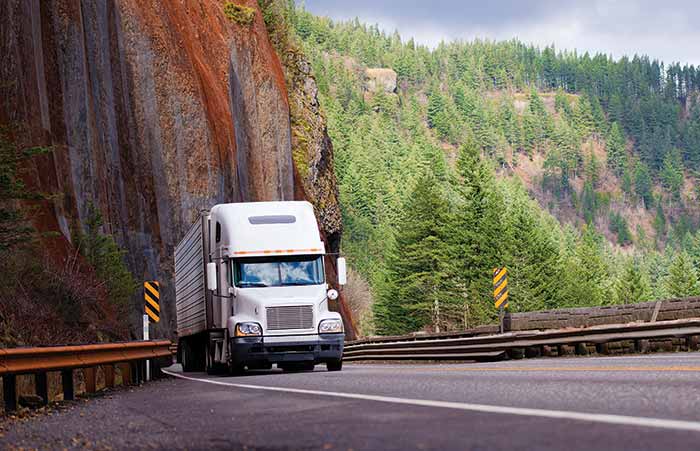Commercial Vehicles Included in the Push for Clean Energy and Other Tax Changes

The Inflation Reduction Act of 2022 (IRA) had plenty to unpack, but not the tax increases initially proposed under the Build Back Better Act which fizzled due to a lack of support. The IRA was significantly scaled back and included very little tax law changes and perhaps none that will effect the majority of the population when it comes to filing returns. The big ticket tax items included:
- A 15% corporate minimum tax. Fear not, unless your corporation has adjusted financial statement income of $1 billion or more, you don’t need to worry about this.
- A 1% excise tax on corporations repurchasing their stock. This effects corporations which are traded on an established securities market. Again, not likely to apply to most of our readers.
- An extension of the excess business loss limitation for pass-through companies to tax years beginning prior to January 1, 2029.
- An increase in funding for the IRS to be used mostly for enforcement, technology and taxpayer services.
Part of the reason for the above tax revenue raisers is a push for clean energy and providing tax credits to those purchasing clean vehicles, commercial vehicles now included! The credit per clean commercial vehicle will be equal to the lesser of 15% of the basis of the vehicle, or the incremental cost of the vehicle. The percentage increases to 30% of the basis if the vehicle is not powered by a gasoline or diesel engine. The incremental cost is defined as the excess of the cost of the clean commercial vehicle over the cost of a comparable vehicle powered by a gasoline or diesel engine. The overall credit per vehicle is limited to $7,500 for vehicles with a gross vehicle weight rating (GVWR) less than 14,000 pounds and $40,000 for other vehicles. You may have seen some headlines about the sourcing rules which effect the clean vehicle tax credit and how many vehicles consumers may purchase won’t qualify due to battery and mineral components being sourced from outside North America. To the benefit of potential clean commercial vehicle buyers, the battery and mineral sourcing rules do not appear to apply to the commercial clean vehicle tax credit.
As always, consider the cost and benefit of these operational decisions. Most fleets have been sticking to tried and true gasoline and diesel engines for years due to lack of options, financial benefits, and reliability. With the push for clean energy, more manufacturers will likely have available options and tax credits will certainly provide some needed incentive to make the switch.
Nathan is a CPA and has more than ten years of experience providing tax planning, consulting and compliance services to a number of privately held businesses and individuals in a variety of industries, with a special focus on the transportation and logistics industry. He actively communicates with clients and seeks ways to align their individual and business goals with available tax strategies to allow them to make well-informed decisions.

Comments are closed.